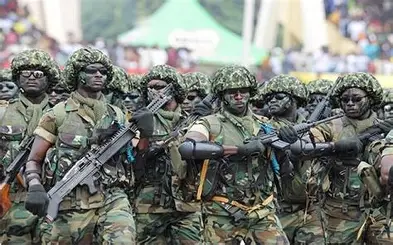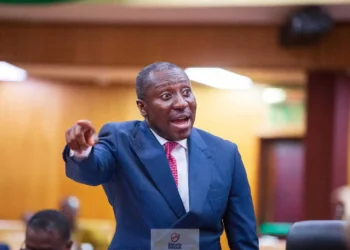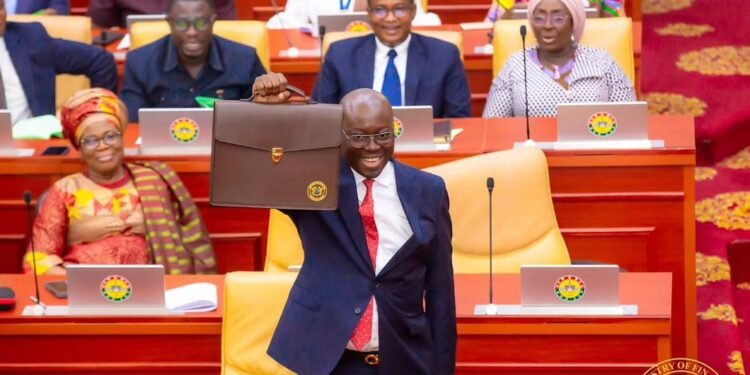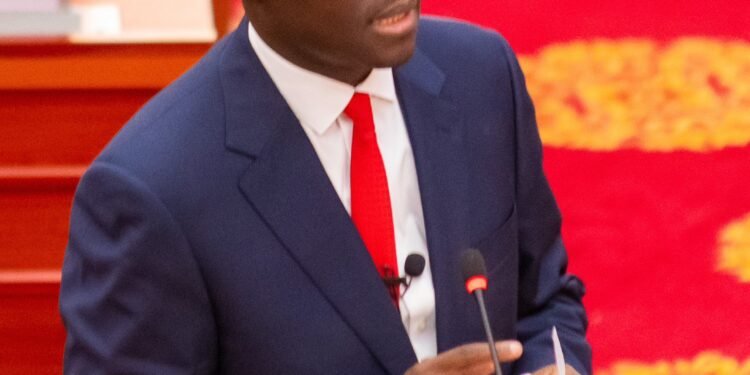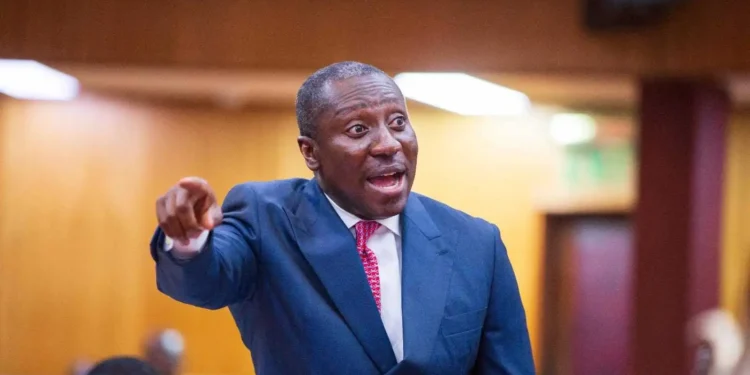IMANI Center for Policy and Education, in its latest Critical Analysis of Governance and Economic Issues for the month of October,has called for decisive reforms in the Ghana Armed Forces enlistment and recruitment criteria for the 2025 cohort.
The report questioned the bases of what it described as ‘stringent’ requirements put in place by the Ghana Armed Forces (GAF) including: age and height limits, describing them as “unnecessarily exclusive.”
According to the official public notice by the Ghana Armed Forces, applicants must “be not less than 18 years of age and not more than 25 years of age for non-tradesmen and not more than 27 years for tradesmen by 30th December 2025.”
The argument of IMANI is that GAF’s policy is very narrow and will effectively exclude the many Ghanaians who are willing and capable of serving their country.
A similar argument was made by the Minister for Communication, Digital Technology, and Innovation, Hon. Samuel Nartey George, in his critique of the same policy, where he suggested an extension in the age limit.
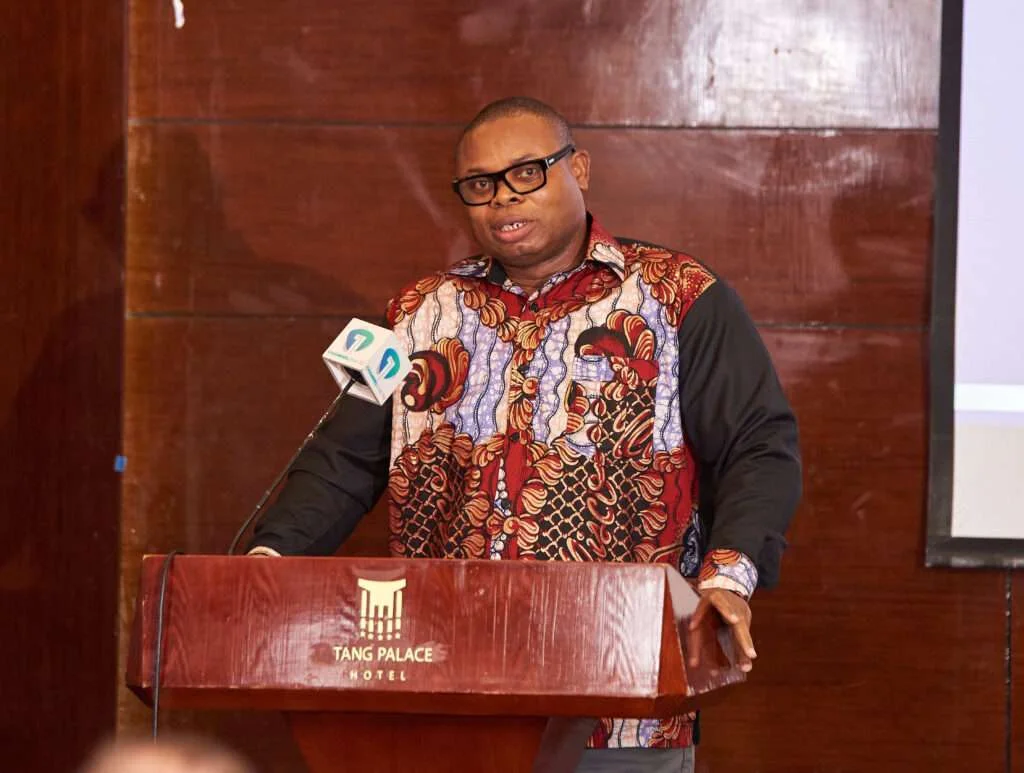
Buttressing IMANI’s argument, the report cited military recruitment policies from some advanced countries like France, the United States of America, and the United Kingdom, which all show that Ghana’s is the narrowest.
“International comparisons reveal that Ghana’s limits are unusually restrictive. In the United States, enlistment is open from 17 (with parental consent) up to 35 years, depending on the branch. In the United Kingdom, the maximum age for regular enlistment is 36, while in France it extends to 30 for most roles.
“These examples suggest that Ghana’s ceiling of 25–27 years is not only out of step with global practice but also unnecessarily exclusionary in a country where many young people complete tertiary education or vocational training in their late twenties.”
IMANI Center for Policy and Education
Another such analysis was proffered by the member of parliament for South Dayi, Hon. Rockson-Nelson Dafeamekpor, who also argued that GAF’s policy is out of touch with global practices.
He went further to threaten legal action, suggesting that the age limit should align with Ghana’s National Youth Authority Act, which defines youth as persons up to 35 years old.
The report affirms Hon. Dafeamekpor’s argument and emphasized some qualities of slightly older and matured persons that could be very beneficial to the military.
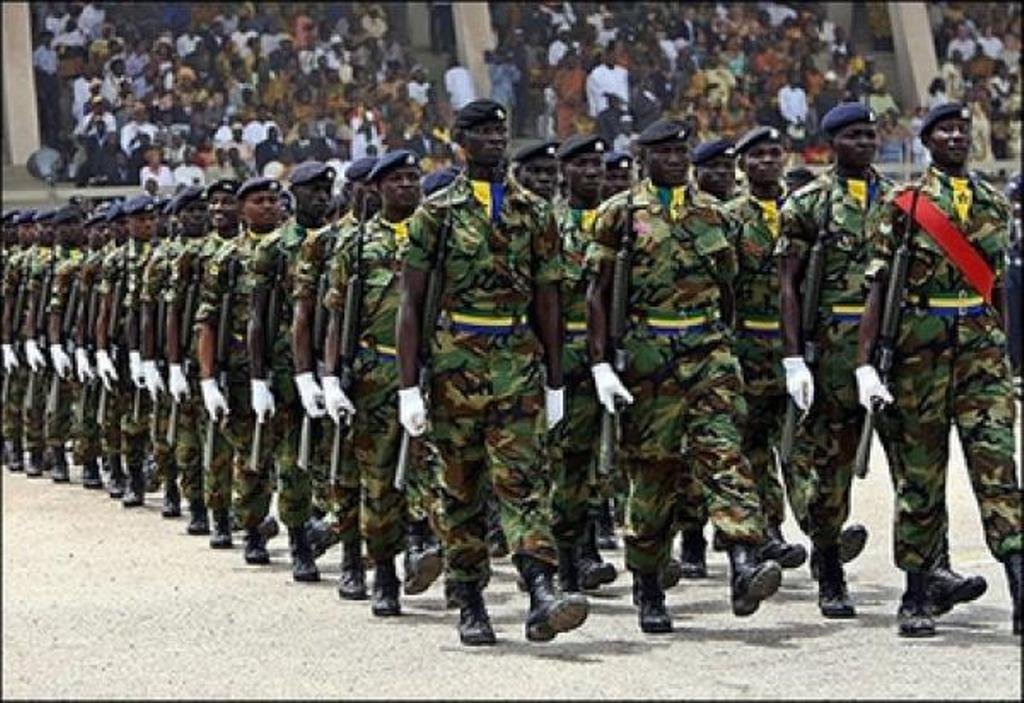
“If the African and Ghanaian definition of youth extends to 35 years, then the GAF should align its recruitment policy accordingly. This would not only broaden the pool of applicants but also ensure that the military benefits from the skills, maturity, and discipline of slightly older recruits. Medical fitness, rather than age alone, could serve as the decisive criterion.”
IMANI Center for Policy and Education
Beyond the age limit, IMANI’s report cites the height requirement as one that is outdated and therefore requires decisive reforms that will make the recruitment criteria flexible.
“The current height restrictions—1.68m for males and 1.57m for females, with even higher thresholds for Military Police—reflect outdated notions of military physique.
“In an era of technological warfare, where airpower, drones, and cyber defense dominate, agility, stealth, and technical expertise may matter more than towering height. A more flexible approach could open the door to capable recruits who might otherwise be excluded.”
IMANI Center for Policy and Education
The report also made reference to the reforms started by the late Minister for Defense, Hon. Dr. Edward Omane Boamah, regarding decentralization and digitization of the recruitment process. Instead of the previous practice at the national level, it will now be done at the regional level, courtesy of IMANI’s advocacy.
Even with the recent decentralization reforms, IMANI is still advocating for further reforms whereby recruitment is being done at the district level.
IMANI argued that these reforms are not only to enhance access, as other advocates argue, but they will also allow for the possibility of high school cadet corps to get a seamless transition into the army.
“Such reforms would not only ease access but also allow high school cadet corps members who already demonstrate discipline and patriotism to transition smoothly into the armed forces. Prioritizing these cadet applicants, with attestations from their schools, could boost morale and inspire a new generation of service-minded youth.”
IMANI Center for Policy and Education
IMANI’s demand for reforms, as contained in the report, is not a campaign for more numbers and/or access to a certain group of people but reforms that will reflect the diversity of the needs of modern society.
The argument, therefore, is to ensure flexible recruitment criteria that could bring “valuable skills and experience, balancing youth with maturity, and physical standards with technological needs—would better reflect Ghana’s realities and aspirations.”
READ ALSO: Deloitte Report Warns: High Costs Threaten West Africa’s Oil Competitiveness

